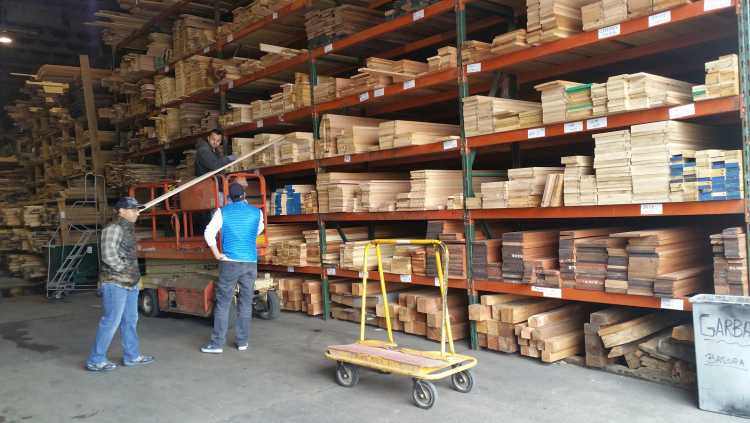
When it comes to construction or woodworking projects, the quality of the lumber you use can significantly impact the outcome. As such, choosing the right lumber supplier is crucial for ensuring the success of your endeavors. With numerous options available, it’s essential to consider several factors before making a decision. In this blog post, we’ll delve into some important considerations to keep in mind when hiring the best lumber supplier.
Quality Assurance:
Quality is paramount when it comes to lumber. Look for a supplier who sources their lumber from reputable mills known for producing high-quality products. Ensure that the supplier follows industry standards and regulations for grading and inspecting lumber to guarantee its quality and durability.
Variety of Lumber Products:
Every project has its unique requirements in terms of lumber type, grade, and dimensions. A good supplier should offer a wide variety of lumber products to cater to diverse needs. Whether you need hardwood, softwood, treated lumber, or specialty woods, choose a supplier who can provide the specific materials you require.
Reliability and Timeliness:
Timely delivery of materials is crucial to keeping your project on schedule. Look for a supplier with a reputation for reliability and promptness in delivering orders. Check their track record for fulfilling orders accurately and within the agreed-upon timeframe to avoid delays and disruptions to your project.
Customer Service and Support:
A reputable lumber supplier should prioritize excellent customer service. Choose a supplier who is responsive to inquiries, provides assistance in selecting the right materials for your project, and offers ongoing support throughout the purchasing process. Clear communication and a commitment to customer satisfaction are key indicators of a reliable supplier.
Sustainability Practices:
In today’s environmentally conscious world, sustainability is a crucial consideration. Look for a lumber supplier who demonstrates a commitment to sustainable forestry practices, such as sourcing wood from responsibly managed forests and implementing measures to minimize environmental impact. Choosing a supplier with eco-friendly practices ensures that you’re contributing to conservation efforts while obtaining high-quality lumber.
Cost and Value:
While cost is undoubtedly a factor, it’s essential to consider the value offered by the supplier rather than just focusing on the lowest price. Evaluate factors such as lumber quality, reliability, and customer service alongside pricing to determine the overall value proposition. Sometimes paying a slightly higher price for superior quality and service can result in long-term savings and better project outcomes.
Location and Accessibility:
Consider the proximity of the supplier’s location to your project site. Choosing a supplier who is located nearby can reduce transportation costs and lead times for delivery. Additionally, assess the accessibility of the supplier’s facilities and whether they offer convenient pickup options if needed.
Industry Experience and Reputation:
Experience and reputation speak volumes about a lumber supplier’s reliability and expertise. Look for a supplier with a solid track record in the industry and positive reviews from satisfied customers. A supplier who has been serving the market for many years is likely to have the knowledge and resources to meet your lumber needs effectively.
Customization and Special Orders:
For projects with unique requirements, such as custom dimensions or specialty woods, choose a supplier who offers customization options and can fulfill special orders. Flexibility and the ability to accommodate specific requests are valuable traits in a lumber supplier, ensuring that you can obtain precisely what you need for your project.
Technology and Innovation:
Innovations in lumber processing and treatment technologies can enhance the quality and performance of the materials you use. Consider whether the supplier utilizes advanced technologies and techniques to improve the durability, stability, and sustainability of their lumber products. Staying abreast of technological advancements can help ensure that you’re working with the best materials available.
